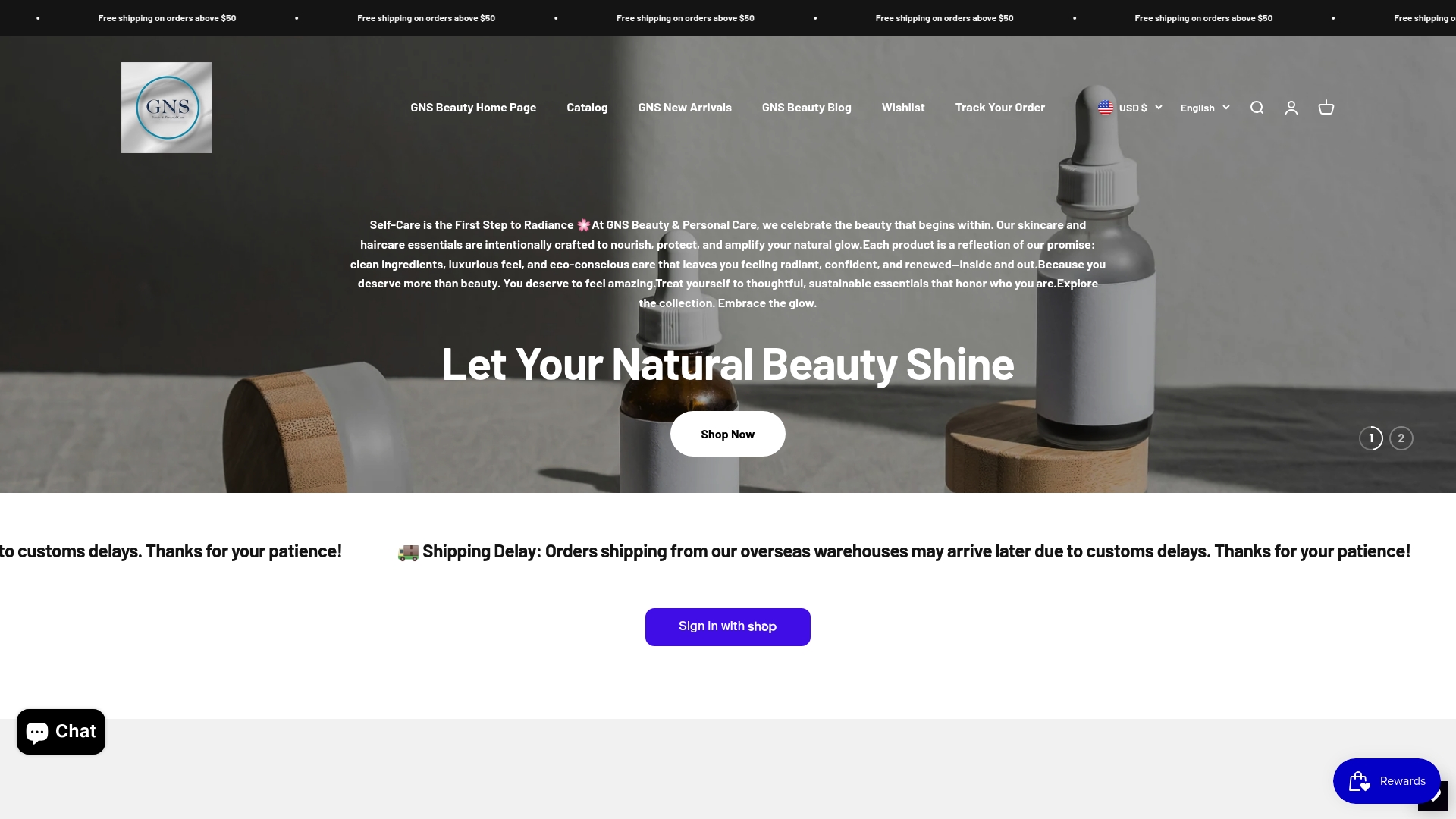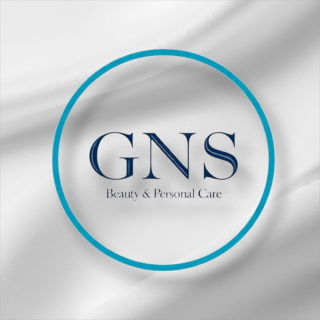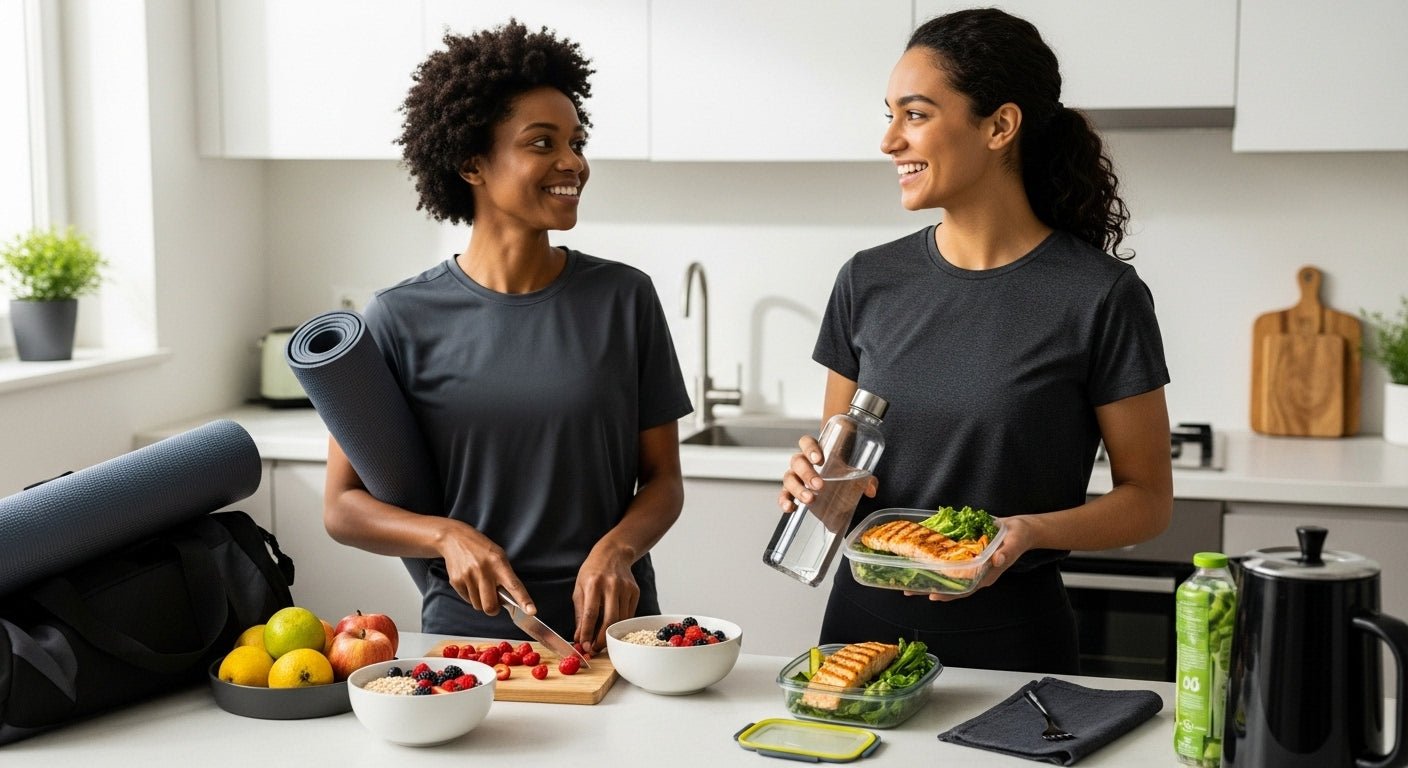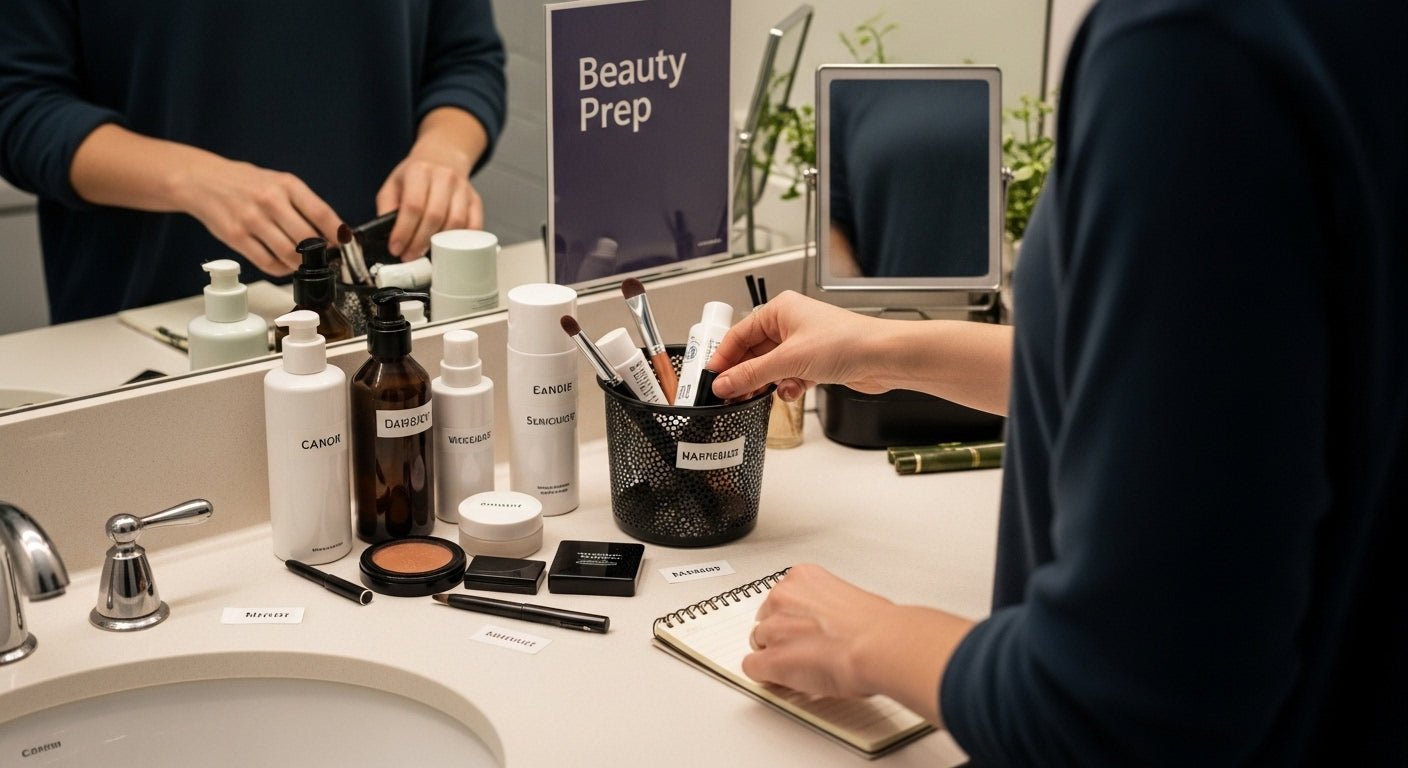Your diet holds the secret to more than just feeling energized at the gym. Research shows that eating the right foods can literally transform your skin, improving texture, elasticity, and radiance. Most people obsess over creams and serums, hoping for glowing results. The real magic happens on your plate, not in a bottle.
Table of Contents
- Understanding The Importance Of Nutrition For Skin Health
- The Ideal Pre-Workout Meal For Energized Skin
- Best Foods To Eat Before Your Workout
- Hydration Tips For Glowing Skin During Exercise
- The Perfect Post-Workout Meal For Skin Recovery
- Skincare Essentials To Pair With Your Meals
- Meal Timing: When To Eat For Maximum Benefits
Quick Summary
| Takeaway | Explanation |
|---|---|
| Nutrition is crucial for skin health. | Your diet impacts skin appearance, elasticity, and overall health through cellular regeneration and collagen production. |
| Hydrate effectively for skin vitality. | Proper hydration maintains skin elasticity and detoxifies, while strategic intake of fluids improves exercise performance and skin condition. |
| Timing meals enhances recovery and skin health. | Eating meals at optimal times promotes better nutrient absorption, aiding recovery after exercise and supporting skin regeneration. |
| Choose nutrient-dense pre-workout foods. | Foods rich in protein, complex carbohydrates, and healthy fats maximize energy without causing digestive discomfort during workouts. |
| Pair meals with skincare essentials. | Complementing your diet with targeted skincare products can enhance skin resilience and support the benefits of your nutritional choices. |
1: Understanding the Importance of Nutrition for Skin Health
Nutrition plays a critical role in maintaining healthy, glowing skin that radiates from the inside out. What you consume directly impacts your skin’s appearance, elasticity, and overall health. Your diet serves as the foundational building block for cellular regeneration, collagen production, and protecting against environmental damage.
The connection between nutrition and skin health is profound and scientifically supported. Dermatological research demonstrates that specific nutrients can dramatically influence skin quality, reducing inflammation, supporting natural repair mechanisms, and promoting a youthful complexion.
Key nutritional elements that contribute to skin wellness include:
- Protein: Essential for collagen and elastin production
- Antioxidants: Protect against cellular damage and premature aging
- Omega-3 fatty acids: Reduce inflammation and support skin hydration
- Vitamins A, C, and E: Critical for skin cell repair and protection
When you fuel your body with nutrient-dense foods, you are essentially providing your skin with the raw materials needed for optimal performance. Hydration also plays a crucial role, with water intake helping to flush toxins, maintain skin elasticity, and support cellular functions.
Understanding the intricate relationship between diet and skin requires recognizing that external treatments are only part of the equation. True skin health emerges from within, driven by consistent nutritional choices that support cellular regeneration and combat oxidative stress.
Research from Harvard Medical School suggests that a balanced diet rich in whole foods, lean proteins, and diverse plant-based nutrients can significantly improve skin texture, reduce inflammation, and enhance natural radiance. By making intentional dietary choices, you transform your skin care routine from an external treatment to a holistic wellness approach.
Remember, your skin reflects your overall health. Each meal is an opportunity to nourish, protect, and revitalize your body’s largest organ.
2: The Ideal Pre-Workout Meal for Energized Skin
Preparing your body for an effective workout involves strategic nutritional choices that not only fuel performance but also support skin vitality. The right pre-workout meal can optimize energy levels, enhance metabolic functions, and contribute to a radiant complexion.
Sports nutrition research indicates that consuming the appropriate nutrients 60-90 minutes before exercise can significantly impact both physical performance and metabolic responses. Your pre-workout meal should balance complex carbohydrates, lean proteins, and healthy fats to provide sustained energy and support muscle preservation.
Ideal pre-workout nutrition components include:
- Complex carbohydrates: Provide steady energy release
- Lean proteins: Support muscle maintenance
- Healthy fats: Enhance nutrient absorption
- Hydration: Prepare body for fluid loss during exercise
Timing is crucial when planning your pre-workout meal. Consuming food too close to exercise can cause digestive discomfort, while eating too early might leave you feeling depleted. Research from the International Journal of Sport Nutrition and Exercise Metabolism suggests an optimal window of 60-90 minutes before physical activity.
Specific meal recommendations that support both performance and skin health might include a combination of:
- Whole grain toast with almond butter
- Greek yogurt with berries and chia seeds
- Banana with a small portion of lean protein
- Smoothie featuring spinach, banana, and plant-based protein
These options provide balanced macronutrients that support metabolism, reduce inflammation, and deliver essential vitamins and minerals directly beneficial to skin health. The antioxidants found in fruits and vegetables help combat exercise-induced oxidative stress, promoting cellular repair and maintaining skin elasticity.
By thoughtfully selecting your pre-workout nutrition, you transform a simple meal into a powerful strategy for enhanced physical performance and skin rejuvenation. Your body becomes a holistic system where each nutritional choice contributes to overall wellness and radiant appearance.
3: Best Foods to Eat Before Your Workout
Selecting the right pre-workout nutrition is a strategic approach to enhancing physical performance and supporting skin health. The foods you consume before exercise can dramatically influence your energy levels, metabolic efficiency, and overall physiological response.
Nutrition research demonstrates that specific food combinations can optimize workout performance while simultaneously providing essential nutrients for skin regeneration and cellular protection.
Top pre-workout foods that provide sustained energy and nutritional benefits include:
- Bananas: Rich in potassium and quick-release carbohydrates
- Oatmeal: Provides complex carbohydrates and steady energy
- Greek yogurt: Delivers protein and probiotics
- Almonds: Offers healthy fats and sustained energy
- Sweet potatoes: Contains complex carbohydrates and vitamin A
Protein and carbohydrate balance is fundamental in pre-workout nutrition. Sports medicine experts recommend consuming a meal that contains approximately 30-40 grams of carbohydrates and 10-20 grams of protein approximately 60-90 minutes before exercise.
Beyond macronutrient composition, the quality of food matters significantly. Whole, unprocessed foods provide superior nutritional profiles compared to processed alternatives. These nutrient-dense options not only fuel your workout but also support skin health through antioxidant and anti-inflammatory properties.
Consider these strategic combinations that provide comprehensive nutritional support:
- Whole grain toast with almond butter
- Apple slices with cottage cheese
- Smoothie with spinach, berries, and plant-based protein
- Overnight oats with chia seeds and berries
Hydration plays an equally critical role in pre-workout preparation. Consuming water-rich foods like watermelon, cucumber, and citrus fruits can help maintain electrolyte balance and support skin hydration during intense physical activity.
Ultimately, your pre-workout nutrition should be personalized to your individual metabolic needs, workout intensity, and fitness goals. By viewing food as a performance enhancement tool, you transform each meal into an opportunity for physical and dermatological optimization.
4: Hydration Tips for Glowing Skin During Exercise
Hydration is the cornerstone of maintaining radiant skin during physical activity, serving as a critical mechanism for cellular health, temperature regulation, and nutrient transportation. More than just drinking water, strategic hydration supports both athletic performance and skin vitality.
Dermatological research reveals that proper hydration directly impacts skin elasticity, cellular repair, and protection against exercise-induced oxidative stress. When you sweat, your body loses not just water but essential electrolytes that play a crucial role in maintaining skin health.
Key hydration strategies for optimal skin and workout performance include:
- Drink water 2 hours before exercise
- Consume 7-10 ounces every 10-20 minutes during workout
- Replenish electrolytes post-exercise
- Monitor urine color as hydration indicator
Electrolyte balance is fundamental in maintaining skin hydration and preventing premature aging. Sports medicine experts recommend understanding your individual sweat rate and electrolyte loss to customize hydration approaches.
Beyond water consumption, incorporate hydrating foods that support skin health:
- Watermelon
- Cucumber
- Coconut water
- Herbal teas
- Citrus fruits
The quality of hydration matters as much as quantity. Avoid sugary sports drinks that can cause inflammation. Instead, opt for natural electrolyte sources that provide minerals without unnecessary additives.
Interestingly, research from Harvard Medical School suggests that skin moisture can be significantly improved by consistent hydration, reducing the appearance of fine lines and supporting natural collagen production.
Understanding your body’s unique hydration needs transforms water from a simple beverage into a powerful tool for skin rejuvenation and athletic performance. By adopting a mindful approach to fluid intake, you create a holistic strategy that supports both your fitness goals and skin’s natural radiance.
5: The Perfect Post-Workout Meal for Skin Recovery
Post-workout nutrition represents a critical window for cellular repair, muscle recovery, and skin rejuvenation. The foods consumed immediately after exercise can significantly impact your body’s ability to heal, reduce inflammation, and support overall skin health.
Nutritional research demonstrates that the 30-45 minute period following exercise is metabolically unique, with heightened nutrient absorption and cellular receptivity. This metabolic window offers an exceptional opportunity to deliver targeted nutrition that supports both muscular recovery and skin regeneration.
Key nutritional priorities for post-workout skin recovery include:
- Protein for cellular repair
- Antioxidants to combat exercise-induced stress
- Healthy fats for inflammation reduction
- Complex carbohydrates to replenish glycogen
Protein quality becomes paramount in post-workout nutrition. Sports medicine experts recommend consuming 20-30 grams of high-quality protein to optimize muscle protein synthesis and support skin tissue repair.
Strategic post-workout meal combinations that promote skin health might include:
- Grilled salmon with quinoa and roasted vegetables
- Greek yogurt with mixed berries and chia seeds
- Smoothie with spinach, banana, and plant-based protein
- Egg white omelet with avocado and sweet potato
Dermatological studies highlight the importance of anti-inflammatory foods in post-exercise recovery. Ingredients rich in omega-3 fatty acids, vitamin C, and zinc can accelerate skin healing, reduce oxidative stress, and support collagen production.
Hydration remains crucial during this recovery phase. Consuming water-rich foods and electrolyte-balanced beverages helps restore fluid balance, flush metabolic waste, and support skin’s natural detoxification processes.
Ultimately, your post-workout meal is more than just nutrition—it’s a strategic intervention that can dramatically influence your body’s recovery, performance, and skin’s long-term health and appearance.
6: Skincare Essentials to Pair with Your Meals
Nutritional support for skin health extends beyond dietary choices, requiring a holistic approach that combines internal nourishment with targeted external skincare strategies. The synergy between your meals and skincare routine can dramatically enhance your skin’s resilience, repair mechanisms, and overall radiance.
Dermatological research emphasizes the importance of a comprehensive skincare approach that complements your nutritional intake. External care acts as a critical supplement to the nutrients you consume, providing additional protection and support for cellular regeneration.
Key skincare essentials to support your nutritional efforts include:
- Antioxidant-rich serums
- Hydrating moisturizers
- Targeted supplements
- Protective sunscreens
- Gentle exfoliants
Nutrient absorption plays a crucial role in skin health. Clinical studies suggest that topical application of certain ingredients can enhance the benefits of your dietary nutrition, creating a powerful synergistic effect.
Consider incorporating these complementary skincare strategies:
- Apply vitamin C serum after antioxidant-rich meals
- Use hydrating moisturizers following protein-packed workouts
- Implement gentle exfoliation to support cellular turnover
- Select supplements that mirror your nutritional intake
Our guide on top skincare products offers additional insights into selecting the most effective external care solutions that complement your dietary approach.
Probiotic-rich foods paired with microbiome-supporting skincare can optimize your skin’s natural defense mechanisms. Zinc-rich meals, for instance, can be complemented by topical treatments that support healing and reduce inflammation.
Timing matters in both nutrition and skincare. The 30-45 minute window after exercise represents a critical period for both internal recovery and external support. By strategically aligning your meals with targeted skincare interventions, you create a comprehensive wellness approach that supports your skin’s health from multiple angles.
7: Meal Timing: When to Eat for Maximum Benefits
Meal timing represents a sophisticated strategy that goes beyond simple nutrition, acting as a powerful mechanism to optimize workout performance, skin health, and overall metabolic efficiency. Understanding the intricate relationship between when you eat and your body’s physiological responses can transform your approach to fitness and wellness.
Nutritional science reveals that strategic meal consumption can significantly impact cellular metabolism, hormone regulation, and skin regeneration. The precise windows of nutrient intake can dramatically influence your body’s ability to recover, repair, and maintain optimal performance.
Key principles of optimal meal timing include:
- Consume meals 60-90 minutes before exercise
- Eat within 30 minutes post-workout
- Maintain consistent meal intervals
- Hydrate before, during, and after physical activity
Metabolic windows are critical moments when your body is most receptive to nutrient absorption. Sports medicine experts emphasize that the 30-45 minute period following exercise represents a unique physiological state where cellular receptivity is at its peak.
Strategic meal timing considerations:
- Breakfast within 1 hour of waking
- Small, nutrient-dense meals every 3-4 hours
- Light meals 2-3 hours before bedtime
- Hydration spread throughout the day
Dermatological research highlights that consistent meal timing can support skin’s natural circadian rhythms, promoting more effective cellular repair and reducing inflammation. The body’s metabolic processes are intricately linked to our internal clock, making regularity a crucial factor in skin health.
Individualization is key. While general guidelines provide a framework, personal metabolism, workout intensity, and individual physiological responses vary. Listening to your body and observing how different meal timings impact your energy, performance, and skin condition can help you develop a personalized nutrition strategy.
By viewing meal timing as a sophisticated tool for optimization rather than a rigid set of rules, you can create a dynamic approach to nutrition that supports both your fitness goals and skin’s natural radiance.
Below is a comprehensive table summarizing the main strategies, benefits, and nutritional guidelines described in the article for achieving radiant skin through pre- and post-workout meals.
| Key Section | Main Points and Actions | Benefits for Skin and Performance |
|---|---|---|
| Nutrition for Skin Health | Focus on whole, nutrient-rich foods; prioritize protein, antioxidants, omega-3s, vitamins A, C, E; stay well-hydrated | Improves skin elasticity, reduces inflammation, boosts radiance |
| Pre-Workout Meals | Eat 60-90 mins before exercise; include complex carbs, lean proteins, healthy fats (e.g., toast with almond butter, smoothie) | Provides sustained energy, optimizes nutrient use, supports glowing skin |
| Best Pre-Workout Foods | Bananas, oatmeal, Greek yogurt, almonds, sweet potatoes; combine protein & carbs | Fuels workouts, enhances skin regeneration |
| Hydration Tips | Hydrate 2 hrs before exercise, drink 7-10 oz water every 10-20 mins during; replenish electrolytes; choose water-rich foods | Maintains skin elasticity, reduces oxidative stress, supports detox |
| Post-Workout Meal for Recovery | Eat within 30-45 mins post-exercise; prioritize protein, antioxidants, healthy fats, complex carbs (e.g., salmon & quinoa) | Aids recovery, reduces inflammation, accelerates skin repair |
| Skincare Pairing | Use antioxidant serums, hydrating moisturizers, sunscreen; time external care with meals and post-workout | Enhances nutritional benefits, supports resilient, glowing skin |
| Meal Timing | Eat pre-workout meal 60-90 mins before, post-workout meal within 30 mins; maintain consistent intervals and hydration | Maximizes nutrient absorption, aligns with repair cycles, promotes overall wellness |
Transform Your Workout Nutrition Into Radiant Skin Results
Struggling to see real changes in your skin even as you optimize your pre- and post-workout meals? You are not alone. The article shows that achieving glowing skin is not just about what you eat. It is about combining smart nutrition with daily choices that protect and nourish your skin from within and outside. Many fitness enthusiasts face the pain of slow recovery, dullness, or environmental stress wearing down their efforts for clear and healthy skin.
Unlock the next level of your self-care routine. Explore beauty and wellness solutions that complement your nutrition, like antioxidant-rich serums, hydrating skincare, and targeted supplements. All of these are thoughtfully curated for active lifestyles at GNS Beauty & Personal Care.

Take action now. Discover our premium self-care products proven to support your skin goals and match your dedication in the gym. Visit GNS Beauty & Personal Care to explore our range of eco-conscious skincare and wellness essentials. Plus, read our guide to top skincare products for glowing skin to build the perfect routine alongside your nutrient-rich meals. Elevate your glow from the inside and outside today.
Frequently Asked Questions
What are the best pre-workout meals for enhancing skin health?
Eating complex carbohydrates, lean proteins, and healthy fats about 60-90 minutes before your workout can enhance both performance and skin health. Options like whole grain toast with almond butter, Greek yogurt with berries, or a smoothie with spinach and banana work well.
How important is hydration for skin health during workouts?
Hydration is crucial for maintaining skin elasticity and overall health during exercise. Drinking water before, during, and after workouts helps replenish lost fluids, while consuming hydrating foods like watermelon and cucumber can also support skin hydration.
What should I eat after a workout to promote skin recovery?
Post-workout meals should focus on protein for cellular repair, antioxidants to combat oxidative stress, and healthy fats for inflammation reduction. Great options include grilled salmon with quinoa, Greek yogurt with mixed berries, or a smoothie with spinach and plant-based protein.
How does meal timing affect skin health?
The timing of your meals can significantly impact skin health. It’s best to eat within 30-45 minutes after exercise to take advantage of heightened nutrient absorption. Regular meal intervals and consistent hydration throughout the day also support skin rejuvenation.








Leave a comment
All comments are moderated before being published.
This site is protected by hCaptcha and the hCaptcha Privacy Policy and Terms of Service apply.